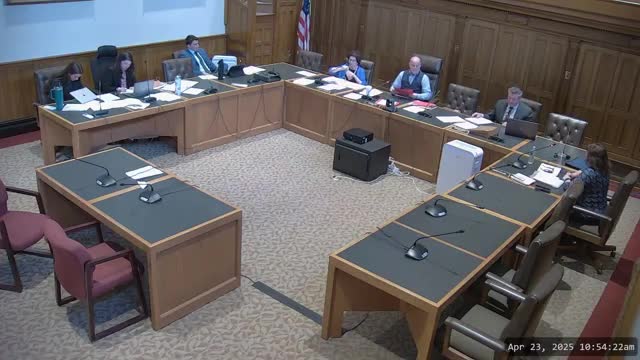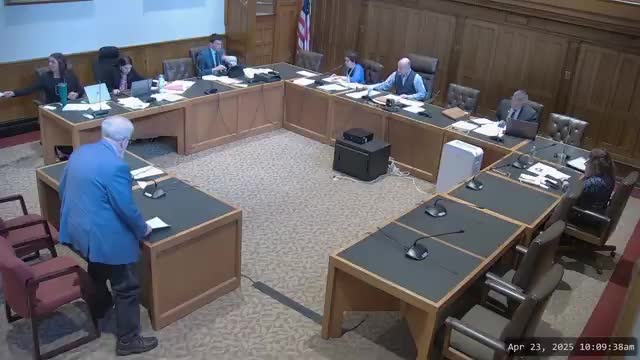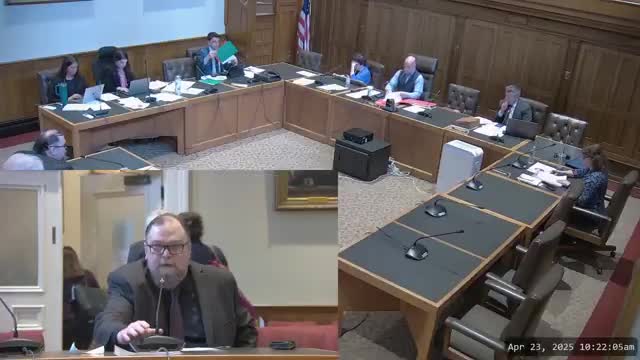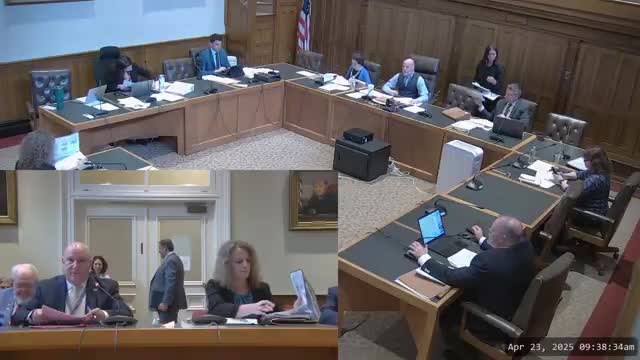Article not found
This article is no longer available. But don't worry—we've gathered other articles that discuss the same topic.

Senate committee amends homestead-exemption bill, increases single‑person cap and removes 'married couple' language

Bill to reclassify power generators as businesses wins support from generators' trade groups

Senate Ways and Means backs bill to let treasurer invest small share of certain digital assets and precious metals

